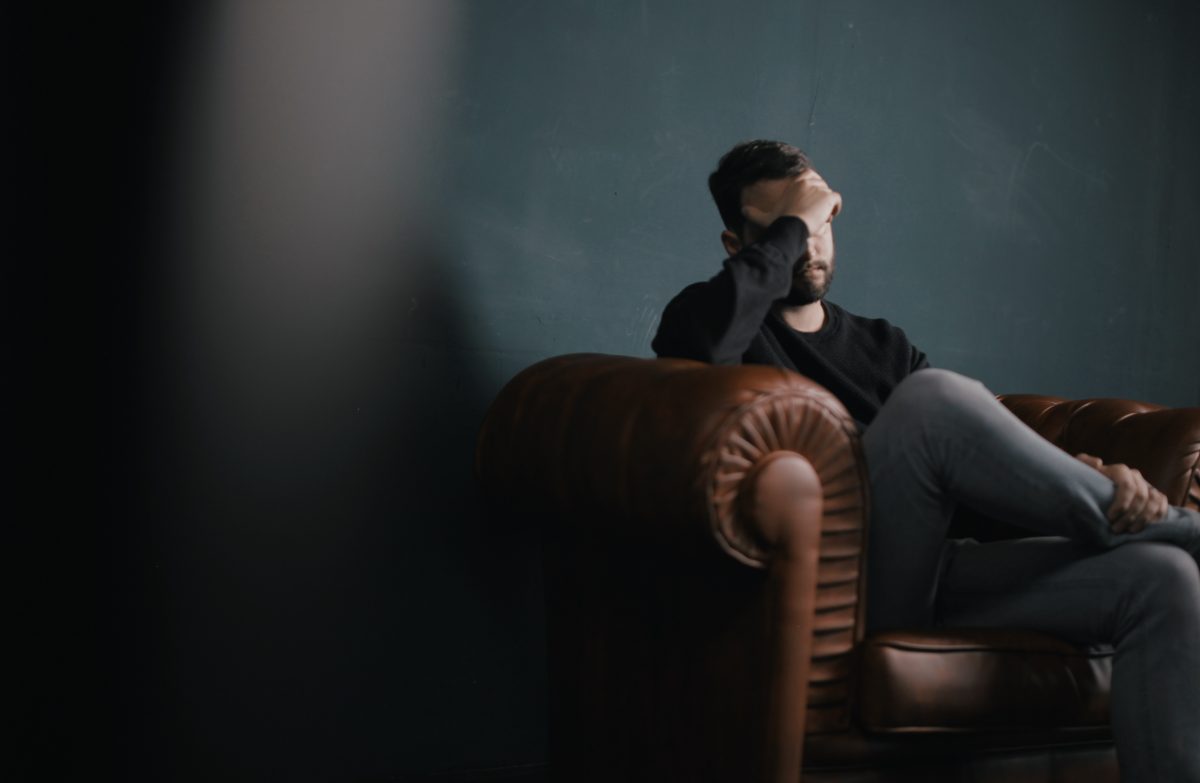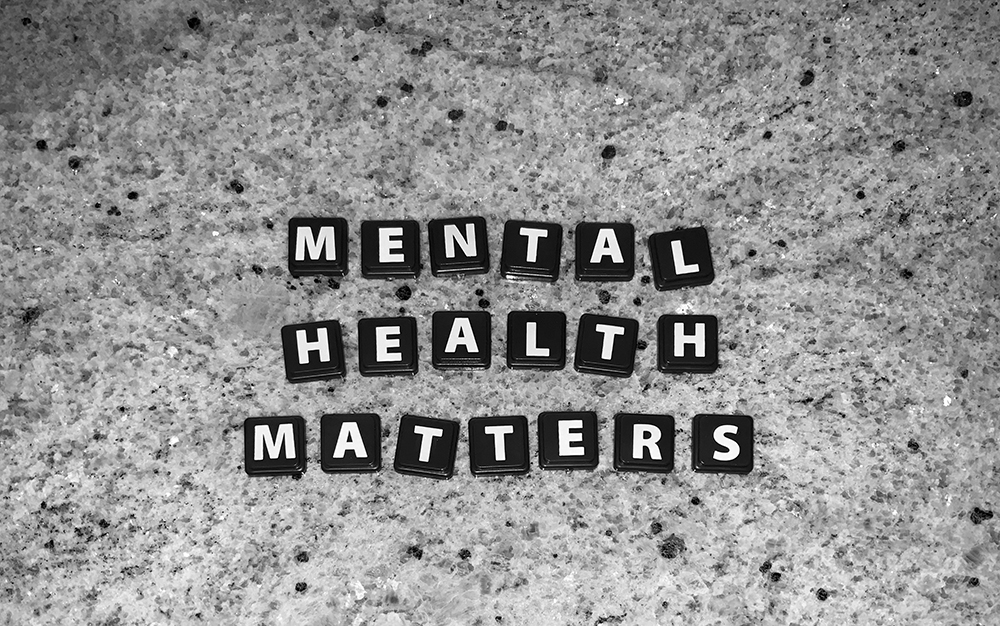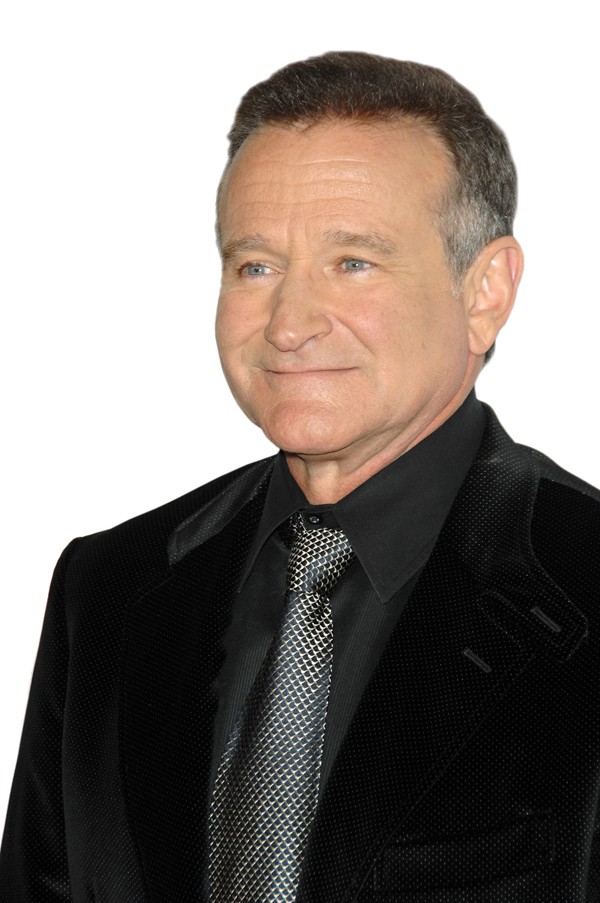With a fork and a knife, Hunny Blunt cuts into the summertime dish with glee. “There’s nothing better,” she declares, “than a rich and flavorful ice cream sandwich from the Lamplighter Lounge.” It’s the Monday night drag show, a new staple of the Midtown scene. Hunny, the grand duchess of the ball, carefully consumes her post-dance treat and seems positively glowing in her cocktail dress and oversized ’do. “I think I’m just about ready to face the world again,” she quips, strutting back to the stage for round two of a performance.
For many folks, these drag nights are their own “Neapolitan ice cream sandwich,” a way to unwind from the traumas of a rough workweek. There are many more nights like these at Lamplighter too: karaoke on Thursdays and comedy on Wednesdays, sometimes a burlesque show during a Thursday karaoke. On weekends, there’s always a band playing: Rosey if you feel swamp-witch rage; Data Drums for those into the introspective and atmospheric. You name it, they’ll drop it on your plate on any given day.
Personally, though, I’m having trouble trying to think up my own “ice cream sandwich.” There are so many things that I feel help me stave off those moments of depression, to pluck out those seeds of doubt. But nothing is really sticking. So I reached out to some locals and friends to ask what they would call their own “ice cream sandwich.”
A dear friend of mine who works for MIFA, Sumi Montgomery, said hers would be “either hiking in nature, or getting a new tattoo. I’m even planning my next tattoo for after the holidays.” Unlike her, I have only gotten one tattoo: a literary symbol on my ankle. It made me pass out (who knew the ankle was the worst spot to get a first tattoo?), but I did feel a rush of adrenaline and dopamine after. “That’s the thing though,” she clarifies. “After all that pain, you’re left with something beautiful. I see them as marks of transition.”
I can agree with her first option. She and I have hiked along the Wolf River Greenway and around her area of Harbor Town before, and afterwards I felt not only reinvigorated, but also relaxed. Nature can be a great way to reconnect and recenter ourselves. But, still, I felt like I needed something more. Maybe there is something I’m missing that could be my “ice cream sandwich.” So I reached out to local socialite and librarian Ralley Taura.
She told me that when she feels like the world is crashing down on her, she cleans her house. “Organizing a spot in my house that has stressed me out relaxes me,” she elaborates. “And I listen to an audiobook while I clean. There’s nothing like compete inundation with something like that to make every worry melt away.” I sometimes find myself feeling much better after a good house cleaning. But still, it doesn’t quite fit me, I feel. So I continue searching.
A colleague of mine, Erica Qualy, runs a local vintage shop, Tako’s Treasures. She has been doing so for almost a decade, crafting an ecologically and environmentally friendly brand. Her “ice cream sandwich” is, in fact, “thrifting. It has always been a form of therapy for me. I’m a big believer in gratitude and turning that into an activity.”
But sometimes that’s not enough. So she gave me another, more philosophical answer as well: “I remind myself to trust the universe. Looking back on the times where I felt my life was falling apart, it turns out things were actually falling into place.” What wise words to remember.
Finally, I reached out to local political figure Noah Nordstrom for his take on what he hopes folks can cling onto in this rising political tide. His response? “I lean into my family and community when it feels like everything is coming down. Hosting events or fundraisers brings me a sense of peace and stability.”
And I couldn’t agree more. Community events are the lifeblood of a society. Noah himself proves to be a passionate community leader, especially after giving his all in the recent Representative election. He continues that good fight, as you can see in the infamous Memphis-Shelby County Schools board video. Passion like his is what I hope to channel these next few years.
Everyone needs a way to unwind, especially during the coming four years. It is now more important than ever to seek out our community and immerse ourselves in culture. Go to shows and support your local musicians and artists.
There is nothing better than these little moments, in spite of what may happen. I hope to find my own ice cream sandwich soon to combat the dread. My fork and knife stand at the ready.
William Smythe is a local writer and poet. He writes for Focus Mid-South, an LGBT+ magazine.



 FeatureFlash | Dreamstime.com
FeatureFlash | Dreamstime.com